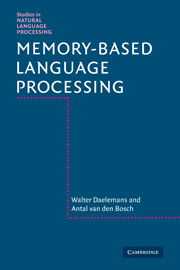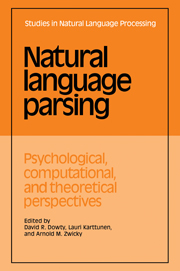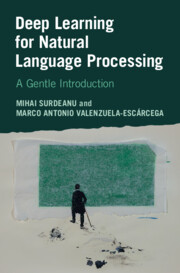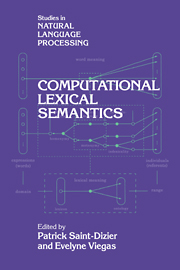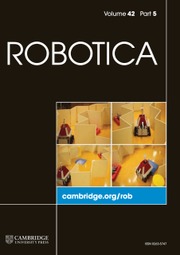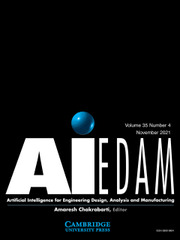Memory-Based Language Processing
Memory-based language processing - a machine learning and problem solving method for language technology - is based on the idea that the direct reuse of examples using analogical reasoning is more suited for solving language processing problems than the application of rules extracted from those examples. This book discusses the theory and practice of memory-based language processing, showing its comparative strengths over alternative methods of language modelling. Language is complex, with few generalizations, many sub-regularities and exceptions, and the advantage of memory-based language processing is that it does not abstract away from this valuable low-frequency information. By applying the model to a range of benchmark problems, the authors show that for linguistic areas ranging from phonology to semantics, it produces excellent results. They also describe TiMBL, a software package for memory-based language processing. The first comprehensive overview of the approach, this book will be invaluable for computational linguists, psycholinguists and language engineers.
- The first comprehensive book on memory-based language processing
- Combines theory with practice, backed up by examples and software on an accompanying web page
- Summarizes more than ten years of articles and papers on the topic, and provides new extensions to the method
Product details
No date availablePaperback
9780521114455
200 pages
229 × 152 × 12 mm
0.3kg
Table of Contents
- 1. Memory-based learning in natural language processing
- 2. Inspirations from linguistics and artificial intelligence
- 3. Memory and similarity
- 4. Application to morpho-phonology
- 5. Application to shallow parsing
- 6. Abstraction and generalization
- 7. Extensions.

